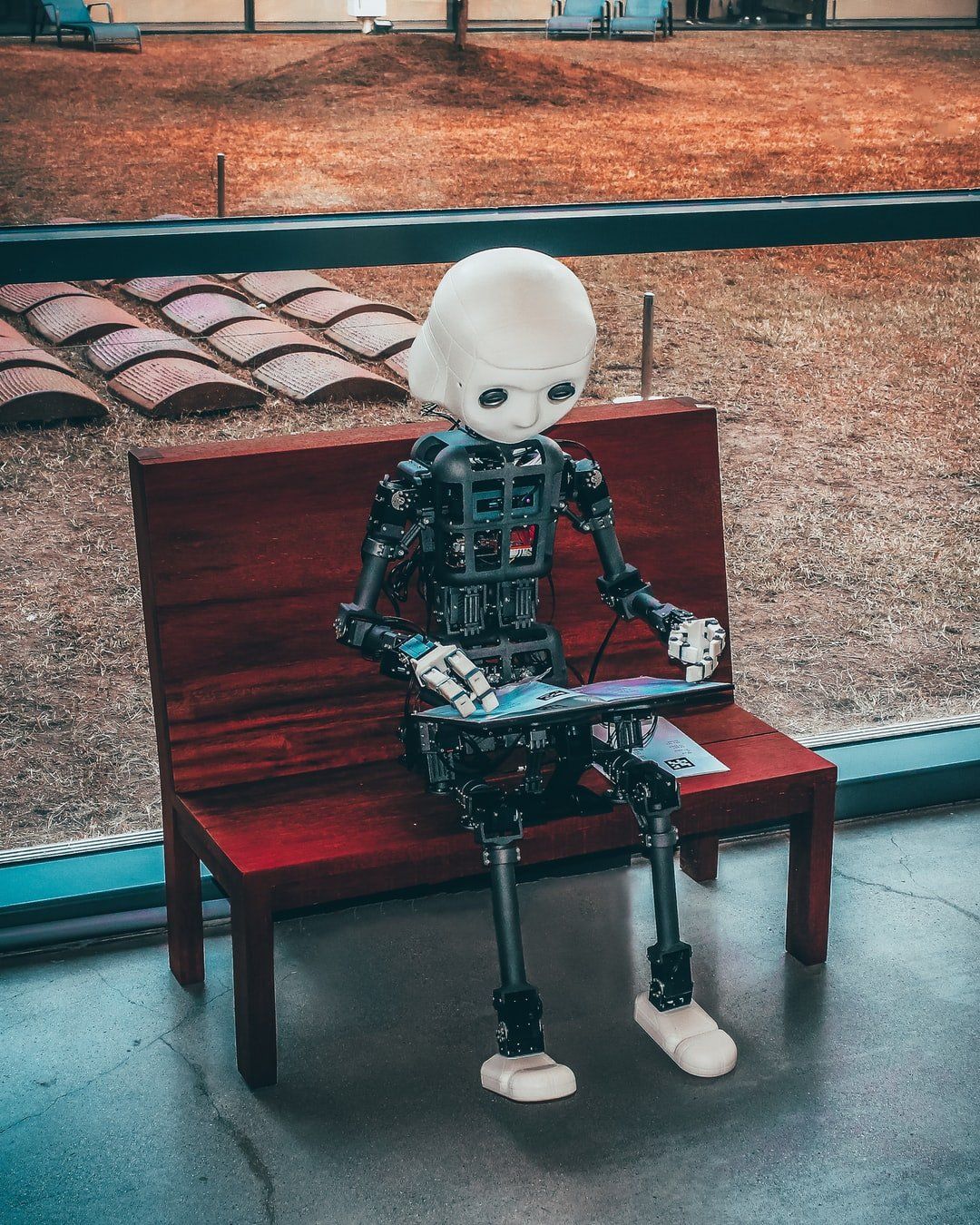AI & FAIRNESS
Facial Recognition & Education
The use of facial recognition technology has increased recently and has been implemented in different levels of our societies, including education. Several schools in different countries have been adopting this technology. However, the use of this tool can be dangerous because of the inaccurancy of this method and for normalizing surveillance, especially in an environment such as schools.
By Luísa Franco Machado & Alice Bryk Silveira & Betül Çolak
August 27, 2021
Schools in the United States have adopted facial recognition technology in order to prevent shootings and to identify unauthorised intruders. Moreover, some schools have been using it to monitor attendance. For instance, in India where the fraudulent attendance issue is common. In addition to campus security, facial recognition has also been applied in the “virtual context”, as online courses to control the access to the online education content.
However, there are some critical points to the use of this technology in education. As already mentioned before (here mention the introductory article) , facial recognition technology can lead to racial bias. And in this case, we are already talking about a vulnerable population: children. To intensify the vulnerability of marginalized groups as black people during childhood is a dangerous matter. Furthermore, another concern is the fact of normalizing surveillance and the authority that the school has over the students, which can characterize an abuse of power.
To illustrate, in 2019, a school in northern Sweden has conducted a project with facial recognition to monitor the student’s attendance in school. As a result, the Swedish Data Protection Authority (DPA) has fined the Skelleftea municipality 200 000 SEK(approximately 20 000 euros). The Swedish Data Protection Authority (“DPA”) concluded that the project violated several articles in GDPR (arts, 5, 9, 35 and 36), that the school process of sensitive biometric data was unlawful and failed to do an adequate impact assessment including seeking prior consultation with the Swedish DPA. The school has used the argument of consent, nonetheless the Swedish DPA considers that consent was not a valid legal basis since students’ consent could not be freely given because the school administration has a moral authority over them.
In addition to the clear unequal relation between the students and the school administration, another issue of FRT in education is normalizing surveillance and the sense of criminalization of children. Students can feel powerless with their right to privacy not being respected and also for the feeling of being constantly surveilled. This criminalization by the school has negative psychological impacts on the children, and again can have even worse impacts on marginalized groups such as black and latin students.
The facial recognition system is being used in school to provide security on campus, follow the attendance to lessons, prevent the attacks and shootings. Although the system has some advantages, it actually brings more disadvantages in its train especially for young students. This situation has catched attention of both parents and Data Privacy Authorities. As such a couple of DPAs imposed hefty fines. Some states have even decided to ban facial recognition systems in schools due to unethical and bias-based practices. Considering these decisions, it is better to use the technology after doing an adequate data protection impact assessment. If there is a high risk as a result of assessment, school administrations should not use the facial recognition system.
Alice Bryk SIlveira is a Brazilian lawyer, member of the Brazilian Bar Association and she recently completed her LLM in International Law & Human Rights at Tel Aviv University. She holds a Bachelor's Degree in Law from Pontifícia Católica do Rio Grande do Sul (PUCRS). During Law School, she has been an intern at the Federal Public Defender’s Office of Brazil and the State Public Defender’s Office. Also, she has been a volunteer at ACRI - The Association for Civil Rights in Israel doing legal research, where she has done research about the privacy impacts of Facial Recognition Technology. Her research interests are the intersection between human rights and technology. She is fluent in Portuguese and English and can communicate in in French and Spanish.
Luísa Franco Machado is currently pursuing a Master’s degree in International Public Management and Human Rights at Sciences Po Paris. She holds a Bachelor’s degree in Political Science and Latin American Studies from the same institution. She has worked at the Division for Public Institutions and Digital Government of the United Nations Department of Economic and Social Affairs (UNDESA), monitoring the progress of the Sustainable Development Goals (SDGs) by governments and institutions worldwide. Before working at the UN Headquarters, she has worked at the Organization of American States (OAS), the City Council of São Paulo, and the Federal Public Defender’s Office of Brazil. She has volunteered at Vivonne's Detention Center, in France, and at Casa Monarca, a migrant shelter in the US-Mexico Border. Her research interests are the intersection between public policy, human rights, and technology. She is fluent in Portuguese, English, French, and Spanish and can communicate in German.
Betül Çolak holds a bachelor’s degree in Law from the University of Bahçeşehir. She, also, studied law at University of Jean Monnet in France within the Erasmus program for a semester. She worked as an intern on data protection law, immigration law and the corporate law in the United States and in Turkey. She is a lawyer specialized on data protection law and intellectual property law in Turkey. She is a member of the Artificial Intelligence Working Group at Istanbul Bar Association. She writes news and articles on data protection regulation and AI. Her academic interest lies in the regulation of data-driven technologies, in particular, the challenges they impose to democracy, data privacy and human right. She is fluent in Turkish, English and can communicate in French.
Read More


Watch Our Episodes





